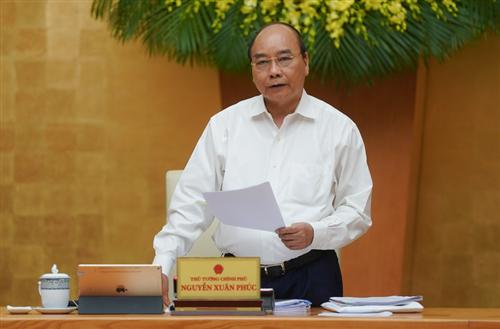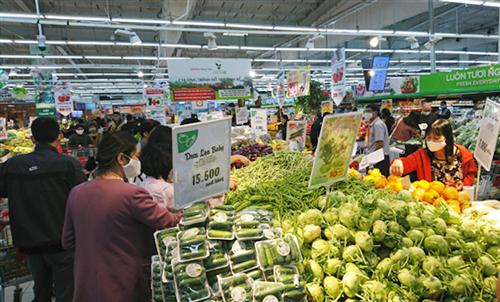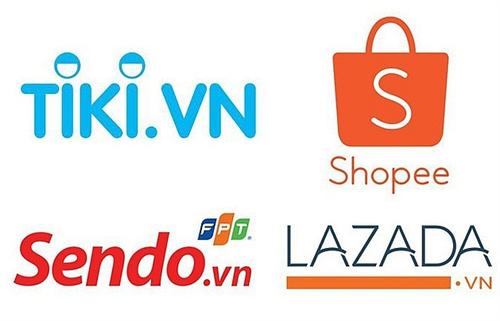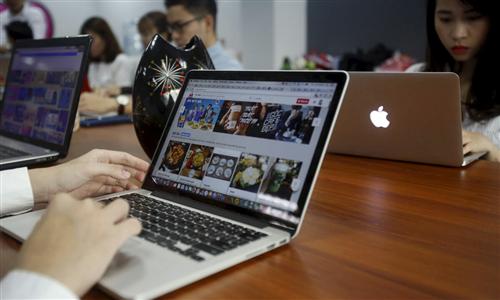Taking lessons on board for an economic jump-start
Taking lessons on board for an economic jump-start
Vietnam’s economy has been seriously hurt by the continuing coronavirus pandemic. Ousmane Dione, the World Bank’s country director for Vietnam, talked with VIR's Thanh Thu about the foundations for the economy to recover, the lessons from the health crisis, and the nation’s prospects after the pandemic ends.
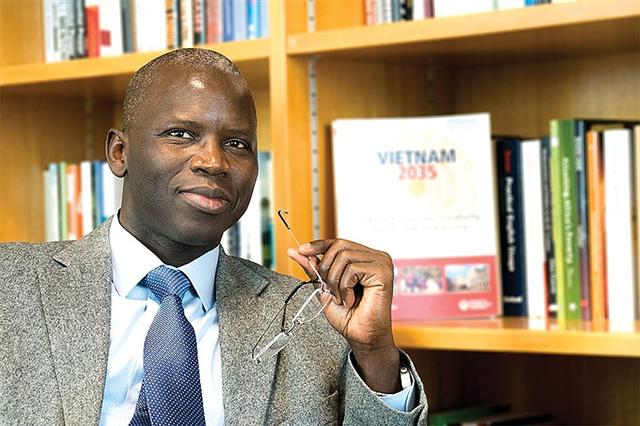
Ousmane Dione, the World Bank’s country director for Vietnam
|
How do you assess the existing macro fundamentals of Vietnam’s economy, and how important are they to its recovery?
Beyond the health impacts, economists argue that COVID-19 can affect the economy through a degradation of the balance of payments, an increase in the fiscal deficit, and the instability of the financial sector. On these three channels, we believe that Vietnam is in a strong position.
Its balance of payments can count on a robust export base and is weakly dependent on short term capital flows even if some vulnerabilities can be associated with the tourism sector, remittances and foreign direct investment.
On the fiscal front, the government should be able to finance the projected increase in the fiscal deficit by additional borrowing on both the domestic and international markets, including from international financial institutions. Also, the health of the financial sector remains good even if some banks could be exposed to rising delinquent loans and lower profitability if the crisis was to last longer than it is expected today.
Maintaining the stability of the external and fiscal balances as well as of the financial system does not only reduce the costs associated to the current crisis in the short term, but it will also put Vietnam in a good position when it will be necessary to jump start the recovery of the economy by a series of smart and decisive actions at the exit of the crisis.
What can Vietnam learn from the pandemic so as to improve the economy’s resilience?
There are always many lessons that can be derived from a crisis. The first is that it is good to be ready for the worst, and Vietnam has proved to be a role model in that area. Very early, at the beginning of February, the government took a series of effective measures against the pandemic by closing schools and borders while testing and tracing people at risk of infection.
These measures have been praised by the international community. It has been, however, less reported that the government was also financially ready to cope with such a crisis due to its prudent fiscal management over the past few years.
The reduction of the debt-to-GDP ratio by almost 7 percentage points between 2016 and 2019 had provided the fiscal space that the authorities can now use to finance the measures necessary to support the most affected people and businesses by the crisis. The government was also prudent in its liquidity management by keeping substantial reserves in its coffers.
The second lesson is that there is always an opportunity coming out of a crisis. Indeed, it is now the perfect time for Vietnam to accelerate key reforms that will improve the country’s resilience to future pandemics. The health crisis has magnified the benefits that can be expected from various reforms, which should in turn help break the resistance from vested interests that would prefer the status quo.
For example, despite only one-third of households owning a bank account, Vietnam has been relatively slow in the development of mobile payments compared to many countries in East Asia or even in poor income countries. The pandemic effects have shown that digital payments through mobile phones could be a great tool for transferring money to vulnerable people and businesses as is currently carried out in many other countries.
Unfortunately, Vietnam was not able to rely on such a system as most financial transactions are still processed manually.
How does the World Bank assess the medium-term prospects of the Vietnamese economy?
Assuming that the pandemic will be controlled gradually over the next few months, Vietnam should recover relatively quickly from the current coronavirus crisis thanks to its strong fundamentals.
We also believe that the government has shown its determination to manage the economic costs of the crisis by having taken the necessary medical and preventive measures and implemented the financial measures to help most affected people and businesses cope with the immediate burden.
The recent package of tax and social protection measures appears ambitious, covering about 25 million people and almost-registered businesses, and is also fiscally sound with an estimated cost of about 1 per cent of GDP.







